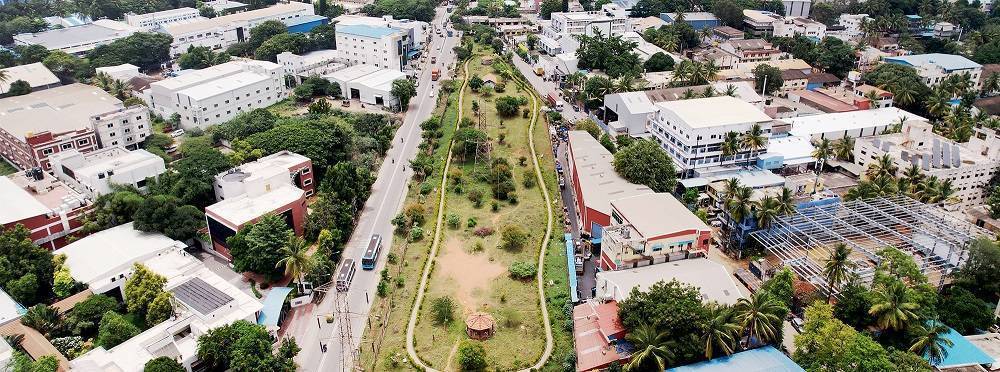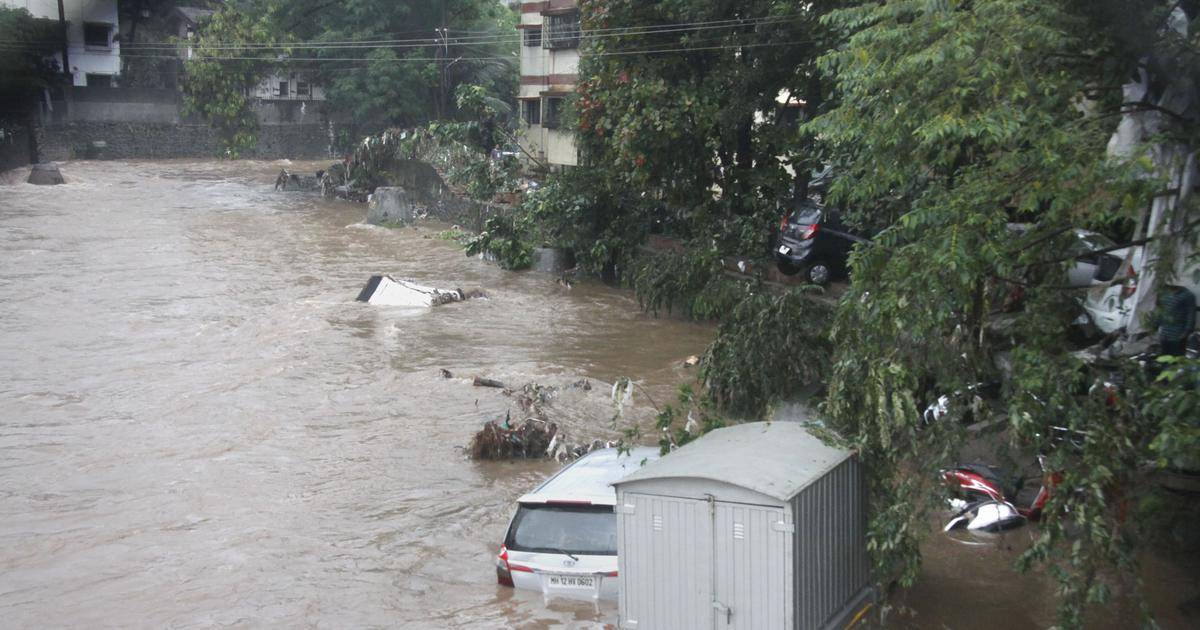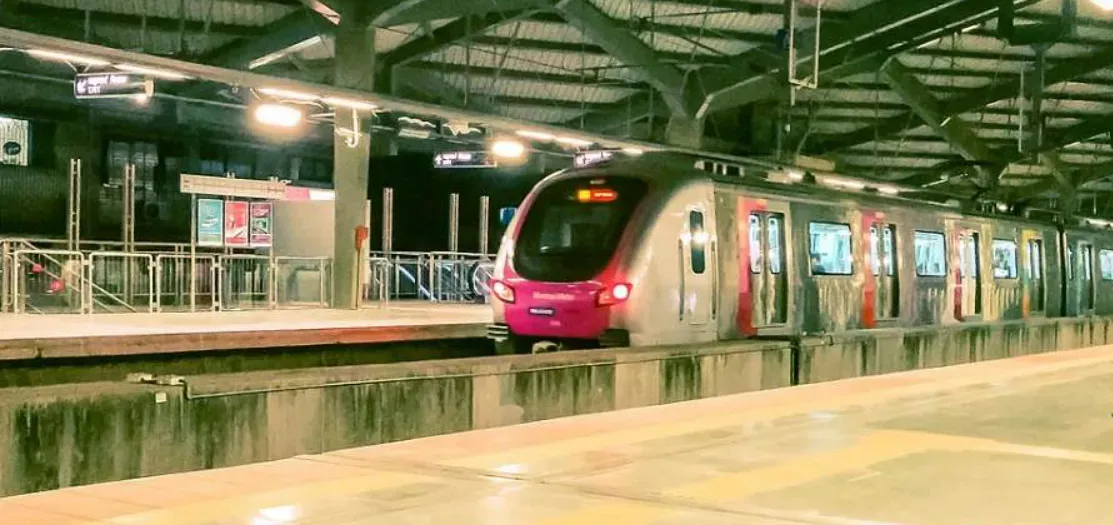The Karnataka government has officially notified Peenya Industrial Area (PIA) in northwestern Bengaluru as a Special Investment Region (SIR) under the provisions of the Karnataka Special Investment Region Act. The move marks a significant development in the state’s industrial and urban planning roadmap and positions Peenya as the 18th such designated region in Karnataka.
Located along the Bengaluru-Tumakuru highway, Peenya is one of Southeast Asia’s oldest and most active industrial belts, comprising manufacturing units across sectors such as engineering, electronics, textiles, auto components, and more recently, core industrial start-ups. The area covers a total notified extent of 1,461.46 acres, encompassing Phases I through IV.
Notification and Governance Framework
According to the state government’s official notification dated June 9, the newly designated Peenya Special Investment Region will be governed by the Karnataka Industrial Areas Development Board (KIADB), which now assumes the role of the Industrial Township Authority. Under this framework, KIADB will be responsible for administering key services such as property tax collection, infrastructure planning, land use approvals, and local governance within the region.
The declaration comes as part of the state’s implementation of the Karnataka Special Investment Region Act, passed in 2022 with operational rules notified in 2024. This Act enables the state government to designate both existing and new industrial zones as SIRs, thereby streamlining project approvals, investment facilitation, and integrated area development.
In April 2025, KIADB had already notified 17 other industrial zones across Karnataka as SIRs, signaling the state's intent to drive concentrated industrial growth under a unified regulatory framework.
Impact on Real Estate and Infrastructure
Peenya’s designation as a Special Investment Region is expected to have multiple implications for the surrounding urban and semi-urban landscape, particularly in terms of infrastructure improvements and real estate development. As per Digbijay Das, Senior Director, Valuation Services at Colliers India, the SIR status is likely to spur significant changes in Peenya’s physical and regulatory environment.
Civic Infrastructure Upgrades
KIADB is now authorized to collect property taxes within the SIR and reinvest a minimum of 70% of the revenue for infrastructure development. This is likely to facilitate systematic improvements across basic civic services, including roadways, drainage networks, street lighting, pedestrian pathways, and solid waste management systems.
Reliable power supply and upgraded water infrastructure are also expected to receive attention, with state agencies now operating under a more centralized planning mechanism.
The SIR status includes the provision for enhanced public safety and emergency services. Peenya is expected to see the establishment of police stations, fire stations, and basic medical care units as part of the township framework. These additions will serve both industrial establishments and a growing residential population in nearby zones.
Residential Demand and Property Market Demand
Peenya’s transformation into a structured industrial township is projected to influence residential demand, particularly in the mid-income housing segment. The area already benefits from strong connectivity via National Highway 4 and the Green Line of Namma Metro, and proximity to residential zones such as Yeshwanthpur, Rajajinagar, and Jalahalli.
According to Colliers, once infrastructure projects are initiated and streamlined approvals under KIADB take effect, rental and capital values in nearby housing markets are likely to appreciate. This could open up new development opportunities for builders catering to workers, engineers, and small business owners employed within the SIR.
Start-up activity in Peenya’s core manufacturing and engineering segments is also on the rise, increasing the demand for skilled labor and indirectly driving housing needs. The creation of a more predictable and regulated business environment is expected to make the area more attractive to both domestic and foreign investors.
Regulatory Streamlining and Ease of Doing Business
A key feature of the SIR framework is the consolidation of approval mechanisms under KIADB. Real estate and industrial developers operating within Peenya’s notified limits can now expect faster processing of land use changes, infrastructure project proposals, and construction plans, in line with Karnataka’s ongoing push to improve its ease of doing business rankings.
With KIADB serving as the sole Industrial Township Authority, this centralized governance model is expected to reduce delays typically caused by coordination among multiple local bodies.Peenya’s notification as a Special Investment Region represents a shift towards planned industrial urbanization in Karnataka. The area, long known for its manufacturing legacy, now stands to benefit from a formal governance structure, better infrastructure, and integrated real estate development.









.png)